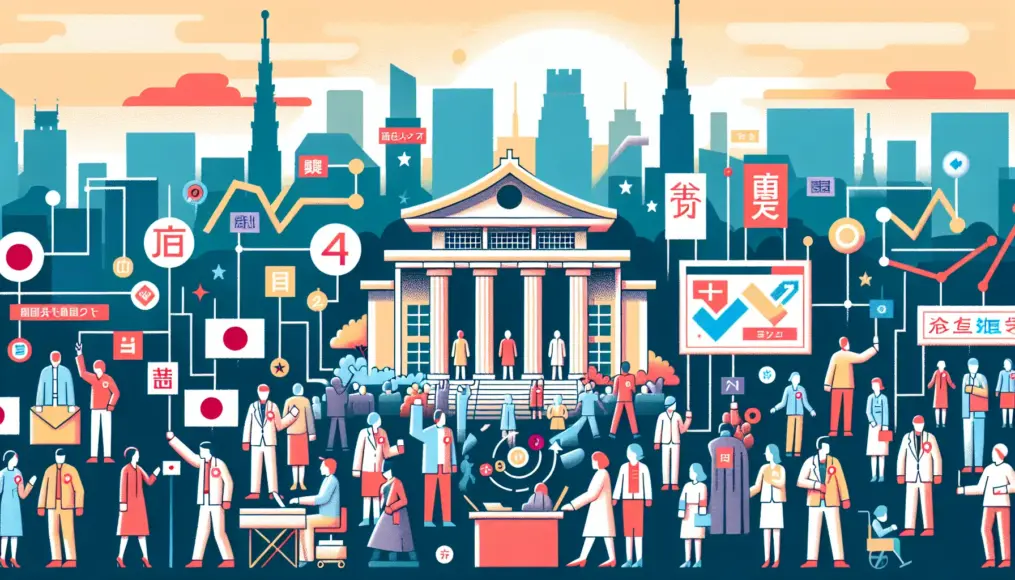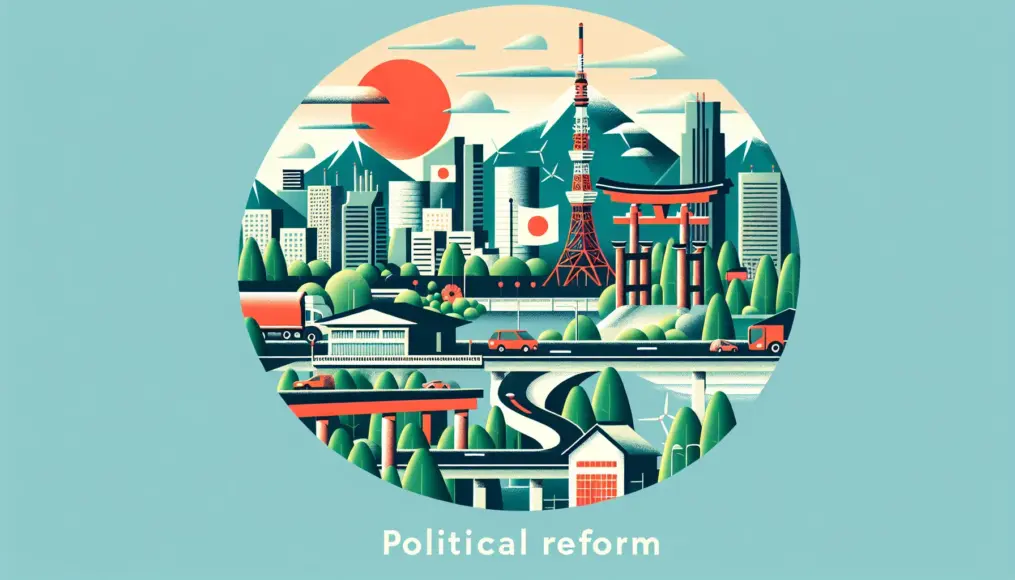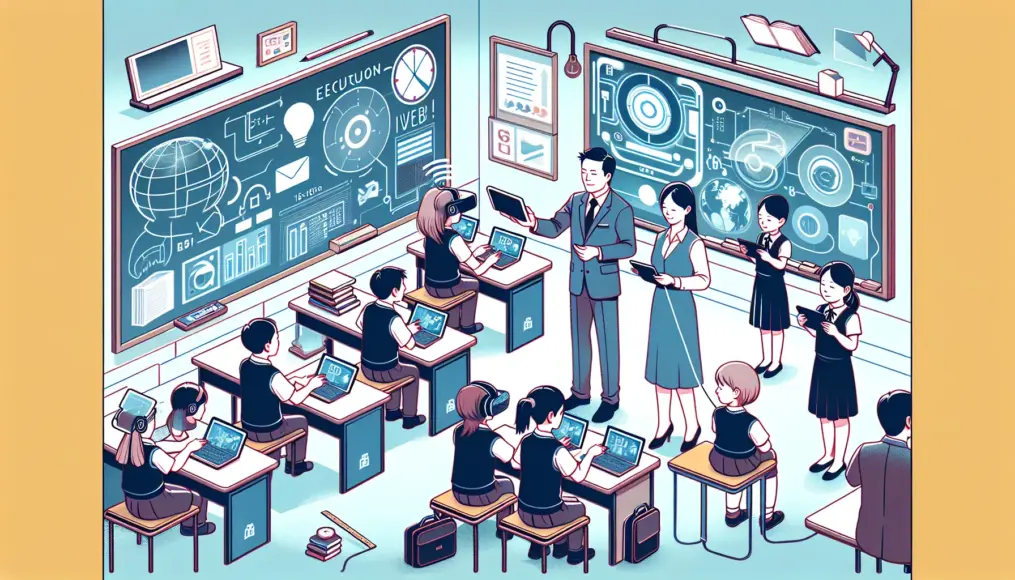As the movement towards a unified election system gains momentum, it’s essential to consider how this will affect our daily lives and our participation in politics. Elections are a crucial means of voicing our opinions in the political arena, so any changes to the system carry significant weight. Let’s explore how the future of our electoral processes may evolve and what implications these changes may hold for us.
On one hand, a unified election system is expected to bring about increased efficiency and transparency. However, there are concerns that this could also lead to a loss of regional characteristics. Gaining a deeper understanding of these pros and cons is vital as we contemplate the future of democracy.
In this article, we’ll delve into the historical background of election systems, the reactions from major political parties, and the impact on public perception. We invite you to join us on this journey of exploration.
- We will explain the evolution of election systems from the past to the present.
- A detailed analysis of the benefits and drawbacks of unification will be provided.
- We will examine the reactions of political parties and the changing consciousness of citizens.
Historical Background of Electoral Systems
Electoral systems are a crucial element that underpins our democracy. Looking back through history, we can see that these systems have undergone various changes to arrive at their current form. Understanding how electoral systems have evolved sheds light on the need for unification. In this section, we will explore the changes in historical electoral systems and the reasons behind the call for unity.
Evolution of Past Electoral Systems
Historically, electoral systems have taken many forms in response to the changing times and societal needs. In the early days, elections were conducted among a limited group of people, with widespread participation being a distant expectation. However, over time, voting rights expanded, allowing many citizens to engage in politics. This transformation is a significant part of the nation’s development.
The evolution of electoral systems has been influenced by political movements and societal demands, particularly contributing to the advancement of democracy. Continuous reviews of these systems have been necessary to ensure that elections remain fair and transparent.
- Electoral systems have historically evolved over time.
- Early voting rights were limited to a select few.
- The system evolved as citizen participation expanded.
Reasons Behind the Need for Unification
There are several reasons why a unified electoral system is being called for. Firstly, the differences in electoral systems across regions can impact election outcomes. This inconsistency could undermine the fairness of politics at a national level. By implementing a standardized system, we can expect an increase in transparency and trust in elections.
Moreover, unifying electoral systems is believed to streamline election administration and lead to cost savings. This could, in turn, promote higher voter turnout and greater political participation among citizens. Unification of electoral systems may represent a critical step towards deepening democracy.
If you’re interested in this topic, you might want to check out this article for a deeper understanding of electoral systems: “What is Japan’s Electoral System? Exploring Its History and Modern Challenges.” This piece delves into the historical background of Japan’s electoral system and the challenges it faces today, providing valuable insights to enhance your understanding.
- Regional differences in electoral systems create inconsistencies.
- Unification can enhance transparency and reliability.
- Streamlining election administration and reducing costs are anticipated benefits.
The Pros and Cons of Unifying Election Systems
Unifying election systems brings a variety of advantages and disadvantages. By standardizing the procedures, we can expect improved efficiency and increased transparency in the electoral process. However, there are concerns that this approach might overlook local characteristics and lead to greater centralization. In this section, we’ll delve into the benefits and drawbacks of a unified election system.
Advantages: Enhanced Efficiency and Transparency
The primary advantage of unifying election systems is the increased efficiency in managing elections. When different regions adopt the same rules and procedures, the processes of voting and counting votes become streamlined, allowing for reductions in both time and costs. This means smoother election management and a clearer system for voters to navigate.
Additionally, a standardized election system enhances transparency. With everyone voting under the same rules, the risk of fraudulent activities decreases, which boosts public trust in election outcomes. This, in turn, encourages greater political participation among citizens and contributes to a healthier democracy.
- Election management becomes more efficient
- Voting and counting processes are simplified
- Transparency increases, reducing the risk of fraud
Disadvantages: Loss of Local Identity and Centralization
On the flip side, there are significant downsides to unifying election systems. If local characteristics and needs are not taken into account, there’s a risk that regional identities may be lost. Each area has its own cultural and social backgrounds, and systems that reflect these unique traits are often necessary. As unification progresses, there’s a concern that local voices may become harder to hear.
Moreover, the centralization of election systems could diminish the representation of local perspectives. As the role of local governments shrinks and central oversight increases, there’s a possibility that regional political systems may not function effectively. Understanding these drawbacks is crucial in the search for a balanced approach to election systems.
- Local characteristics and needs may not be adequately reflected
- There’s a risk of diminishing the role of local governments
- Central oversight could increase
Reactions and Responses from Major Political Parties
Understanding the reactions of major political parties to the unification of the electoral system is crucial for grasping the current political landscape. The ruling party has its reasons for advocating for unity, while opposition parties express their dissenting views, highlighting the contrasting positions. In this section, we will delve into how the ruling party frames the unification of the electoral system and the concerns raised by the opposition.
Ruling Party’s Reasons for Advocacy
The ruling party cites improved political efficiency and transparency as the primary reasons for pushing for the unification of the electoral system. By adopting a standardized system, they believe that electoral management procedures will be streamlined, leading to an expected increase in voter turnout and thereby encouraging greater political participation among citizens. They argue that having the same rules applied nationwide will enhance the fairness of election results and foster public trust.
Additionally, the ruling party emphasizes the potential for cost savings that can be achieved through unification. They assert that by utilizing resources more efficiently in electoral management, more budgetary funds can be redirected to other policy areas. In this light, the ruling party positions the unification of the electoral system as a key initiative contributing to the nation’s development.
- Anticipating improvements in electoral management efficiency and transparency
- Encouraging political participation through increased voter turnout
- Potential for cost savings, allowing reallocation of funds to other policies
Opposition Party’s Concerns
On the other hand, opposition parties have voiced their concerns regarding the unification of the electoral system. They fear that the unique characteristics and needs of different regions may be overlooked, arguing that a system reflecting local voices is essential. There is apprehension that advancing toward a unified electoral system could marginalize local politics, potentially eroding regional distinctiveness.
Furthermore, the opposition is worried that increased centralization might diminish the authority of local governments. They believe that to effectively address regional issues, it is vital for local entities to have the autonomy to manage elections. The opposition emphasizes the importance of listening to local voices in the context of electoral system unification.
- Concerned that regional characteristics and needs may be overlooked
- Argue that local politics could be marginalized
- Worried about centralization reducing the authority of local governments
The Impact of National Awareness on Political Participation
How does the unification of the electoral system influence the political awareness and participation of the citizens? Changes in the electoral system can significantly affect how we think about and engage with politics. In this section, we will explore the shifts in political consciousness among the populace and the potential for increased voter turnout.
Changes in Political Awareness Among Citizens
As the electoral system becomes more unified, we may observe changes in the political awareness of citizens. When a standardized system is perceived as more transparent and fair, it can lead to heightened interest in politics among the populace. This is particularly true for younger generations, where clarity in the electoral process can serve as a motivating factor for political participation.
Moreover, simplifying the electoral system can make the voting process easier to understand, allowing citizens to feel a stronger sense of significance in expressing their opinions through their votes. With such an environment in place, we can expect an enhancement in the political consciousness of citizens, leading to more active engagement.
- Increased transparency is expected from a unified system
- Younger generations may feel more motivated to participate in politics
- Simplified voting procedures can enhance the sense of significance
Potential for Increased Voter Turnout
The unification of the electoral system may also contribute to higher voter turnout. When a clear and comprehensible system is put in place, citizens can better understand how their votes are reflected, lowering the barriers to participation. Additionally, improved efficiency in election management can lead to smoother access and procedures at polling places, making it easier for more people to cast their votes.
Furthermore, if the unified system is recognized as fair, it can bolster citizens’ trust in the electoral process, encouraging them to participate in voting. Together, these factors are expected to result in an increase in voter turnout.
- A clear system lowers barriers to participation
- Improved efficiency in election management enhances access to polling places
- Recognition of fairness promotes voting behavior
Summary
Our exploration of the unification of the electoral system reveals that its impact on our democracy and political participation is significant. While there are expectations for increased efficiency and transparency in elections, concerns about the loss of regional identity and centralization have also been raised. The reactions from major political parties highlight a divide between the ruling party and the opposition, indicating that careful discussion is necessary for any future reforms.
Moreover, we may witness changes in public awareness and political engagement, as the unification of the electoral system could potentially enhance citizens’ political consciousness. As the understanding that participating in elections is important spreads, we hope to see more people take an interest in politics.
- The unification of the electoral system aims for increased efficiency and transparency
- Concerns exist regarding the loss of regional identity and centralization
- It may influence public political awareness and participation rates
The ongoing discussion about unifying the electoral system will greatly impact the future of democracy. We invite you to share your thoughts and opinions in the comments!



Comment